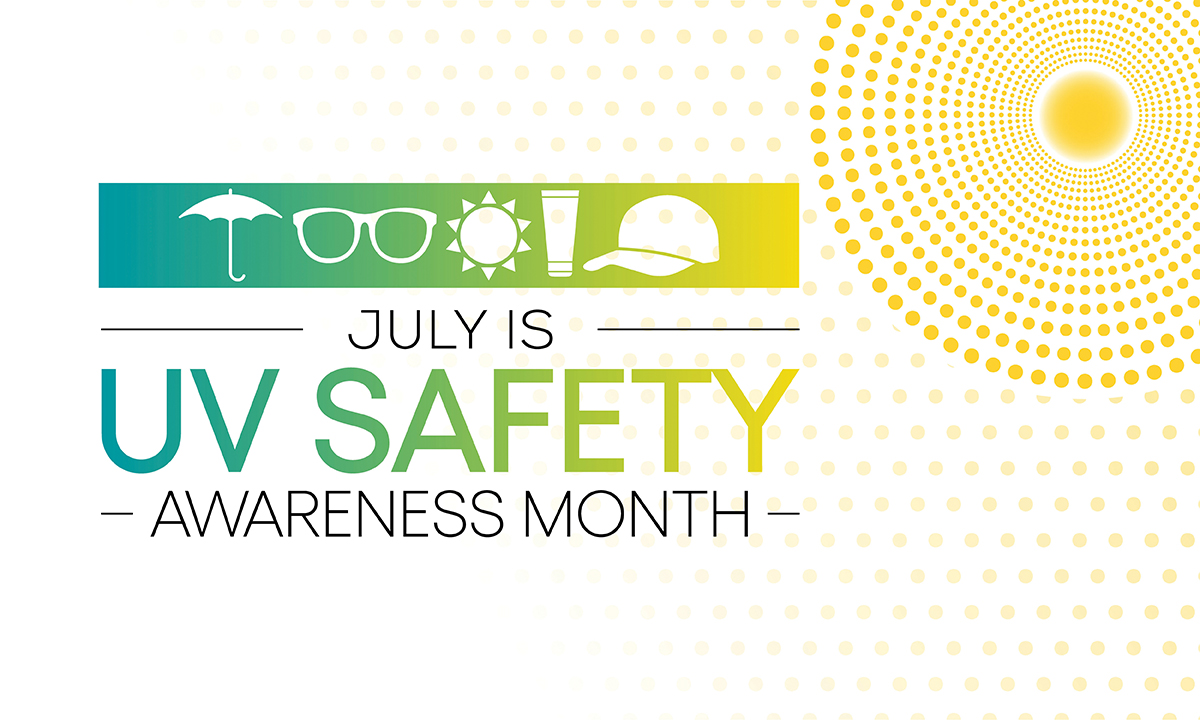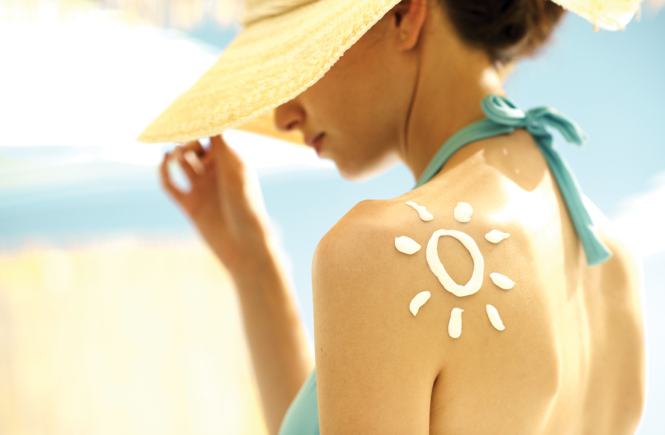Sunscreen is an important part of a complete sun protection strategy, but that alone isn’t enough to keep you covered
Story by Nicole Davis
With summertime comes plenty of hours outdoors, enjoying the milder temperatures, with the shining sun and sparkling water. And while time in Mother Nature is good for the soul, too much sun exposure can cause harm.
Here’s a stat to remember: 1 in 5 Americans will develop skin cancer in their lifetime. There are a few simple steps you can take, however, that can dramatically decrease the probability of that one being you.
We asked Dr. Sara Moghaddam of Delmarva Skin Specialists in Selbyville to give us her top skin-cancer-prevention tips. Here’s what she had to say.
#1 Apply water-resistant sunscreen
Sunscreen is crucial to protecting yourself from sun damage. Dr. Moghaddam recommends at least SPF 30.
“Research has shown that the way that normal people apply sunscreen is not adequate,” she explained. “In fact, most people only get half of the SPF that’s labeled on the bottle. That’s why I always tell my patients that a higher SPF is better.”
You should apply one ounce — or a shot-glass-full — to the entire body every two hours.
“This is what most of my patients struggle with,” Dr. Moghaddam said. “They’ll put it on, but then they don’t reapply, so they’re still getting tan or burnt, which is a sign that sun damage is occurring.”
#2 Wear sun-protective clothing
If remembering to reapply sunscreen is not your strong suit, consider wearing sun-protective clothing, as well. This type of lightweight, protective clothing prevents UV radiation from reaching your skin. It’s measured in UPF — or ultraviolet protection factor — and has to do with the tightness of the fabric’s weave. This is a great option for active people, like golfers and kids, too.
One thing to note: Just wearing regular clothes and hoping for some extra sun protection won’t cut it. According to Dr. Moghaddam, a regular white-cotton T-shirt has only been shown to have a UPF of 8.
Also in the realm of sun-protective clothing — wide-brim hats. Opt for a hat with at least a 3-inch brim to help block the sun’s rays from your head and neck. Baseball hats are not effective for sun protection because they leave the ears, the back of the neck and the sides of the face exposed.

Dr. Sara Moghaddam

#3 Consider an additional vitamin supplement
If you’re looking for a little extra protection, there’s a supplement you can take in capsule form that will bolster your other sun-protection efforts. Called polypodium leucotomas, this vitamin — an extract from a fern — acts as a powerful antioxidant and is estimated to provide an additional SPF of 4.
“I take it when I’m going to be out doing yardwork or on a sunny vacation, for extra protection,”
Dr. Moghaddam said.
#4 Get a skin check
Whether you’ve been protecting yourself from the sun or not, getting checked by a board-certified dermatologist for skin cancer is important, and early detection is vital.
Dr. Moghaddam says most skin cancer can be easily treated by a simple in-office procedure if it’s caught early enough. It’s never too early to have your first skin exam either. Based on what your dermatologist finds, they can tell you how frequently you need to be screened.
“A good rule of thumb if you live in our beach community is to get checked on an annual basis,” Dr. Moghaddam says.
In the meantime, keep an eye out for any areas of the skin that are bleeding, not healing or stick out among the rest — these require immediate attention by a dermatologist.
Take these four tips into the summer with you and put your best foot forward when it comes to sun protection and skin cancer prevention.
Worst case scenario — you’ve gotten a sunburn. What can you do to soothe and heal the area? According to Dr. Moghaddam, you should:
1. Take frequent cool showers/baths to relieve pain.
2. Use moisturizer after bathing to seal water into the skin.
3. Consider taking aspirin or ibuprofen to relieve discomfort or swelling.
4. Drink water! Sunburn draws water away from the rest of the body.
5. If blisters develop, keep greasy with petroleum jelly or moisturizer.
Do not peel off blistered skin.

